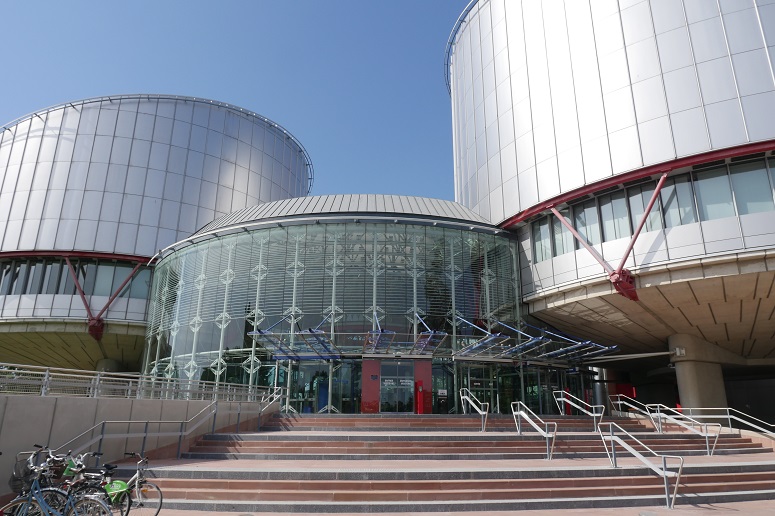
Religious freedom advocate ADF International is today (7 March) filing a third-party brief with the European Court of Human Rights, arguing “for the right to religious freedom to be properly respected in Russia”. (Such a brief is a statement by a third party, usually an NGO or academic, which has no claim to, and is not bound by, the judgement of the court but nonetheless wants to express its opinion on a case.)
This comes after Russia last year shut down the administrative centre and 395 local congregations of the Jehovah’s Witnesses, and seized the group’s assets.
“Religious freedom is protected under the Russian constitution and international law,” said Jennifer Lea, Legal Counsel for ADF International. “Russian authorities cannot simply close down faith groups they do not like. Church autonomy should be respected at all times. Now it is up to the European Court of Human Rights to show Russia the boundaries of state intervention when dealing with religious affairs.”
The tightening of control over Jehovah’s Witnesses and other minority faith groups followed the adoption of the so-called “anti-missionary law” in 2016, officially titled the Yarovaya Law. Under this law, prosecuted individuals face heavy fines, up to six years in prison, and, for foreigners, deportation.
An American missionary, Donald Ossewaarde, who was based in the Russian city of Oryol, was one of the first convicted under the law. In March 2017, he filed an application to the European Court of Human Rights arguing that his right to religious freedom had been violated by the law after he was found guilty of conducting illegal missionary activities. He had been holding weekly Bible meetings at his home for 14 years before the introduction of the law.
Following his application to the court last year, Ossewarde wrote on his blog: “It normally takes a few years for this court to reach a decision, so there’s no short-term relief to be found there. It is almost certain that the ECHR will rule in my favour. Russia may or may not respect the ECHR’s decision if it finds a violation in my case, but it would be an embarrassment to them, and might result in an amendment to the law. Filing the case puts international pressure on Russia.”
“The new terror law creates a climate of fear amongst people of all religions,” said Lorcán Price, another Legal Counsel at ADF International. “The Russian government has introduced a piece of legislation that decidedly curbs religious freedom, a right protected by international law. The European Court of Human Rights should safeguard this fundamental right and ensure that no government criminalises religious minorities.”
